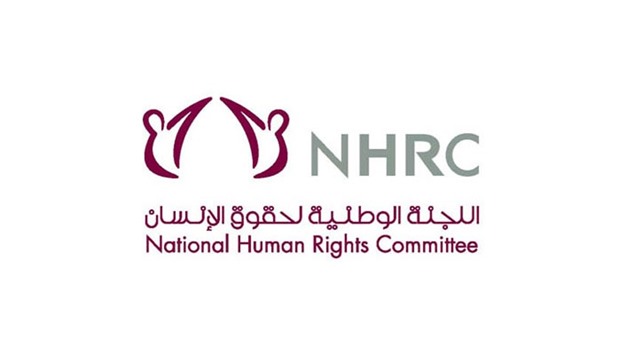The besieging countries have described the decision as boycott not siege to support their baseless campaign against Qatar and justify their harsh decisions which do not fall in line with the laws, customs or brotherhood and neighbourliness ties. However, after two weeks of the decision, the humanitarian consequences it has developed such as the hundreds of families who were unable to reunite in Qatar, are unprecedented repercussions that received many criticisms from renowned international human rights organisations, in support of Qatar.
Qatar’s strong presence in UN human rights entities and forums in London, Geneva, Paris and Brussels is a step to hold the besieging countries accountable and show the global community what their political and humanitarian intentions towards Qatar.
Qatar is keen to prioritise solving the humanitarian troubles – even if it were at the expense of other pending GCC economical, political and other issues – since it understand the responsibility it has towards those impacted just because countries in the region have decided to punish Qatar for false charges. Qatar also believes its prestigious position it holds in UN human rights organisations ensures its commitment to protect human dignity anywhere in the world, especially during crises.
In the past, Qatar has sought to become a member of the Human Rights Council (HRC) since its launch, due to its belief in the important role the council plays. In similar context, during its membership in the council between 2007 to 2010 and 2011 to 2013, Qatar was keen to actively participate and co-operate with member states in order to fulfil the council’s mandate the best way possible.
Qatar was then re-elected for the third time for 2015-2017 to continue its active role in international efforts to promote and protect human rights starting with the principles mentioned in the country’s constitution. Qatar has also been keen to co-operate with human rights treaty entities and to fulfil their obligations to those entities, as well as the valuable contribution of Qatari experts during their membership of the treaty committees and the activities of the HRC.
In the first report issued by the National Human Rights Committee (NHRC) as of June 12, a total of 764 violations have been reported since June 5, the date on which the blockade and boycott was imposed. Violation of the right to movement received the highest complaints, followed by violation of the right of private property, followed by family reunification, work, education and health.
The period between June 12 and June 20 witnessed an increase in the number of complaints to 1,750 with a rate of 140 daily complaints registered to the NHRC to be submitted to international organisations as proof of the humanitarian consequences of the siege.
The international response to the reports on the humanitarian situation submitted by Qatar, refuted the besieging country’s description of the situation as just a “boycott”. Despite Qatar’s keenness to protect all its nationals and residents, even those from the besieging countries, the residents were warned by their countries that if they were to show sympathy or support to Qatar, they may face harsh punishments such as fines or jail time.
Amnesty International described the new arbitrary measures announced by Saudi Arabia, Bahrain and the United Arab Emirates (UAE) as “utter contempt for human dignity”.
Deputy Director of Amnesty Internationals Global Issues Programme, James Lynch said: “With these measures, the governments of Saudi Arabia, the UAE and Bahrain have needlessly put mixed-nationality families at the heart of a political crisis.”
“They should immediately cancel this sinister arbitrary deadline, otherwise thousands of families risk being torn apart, with others losing their jobs or the opportunity to continue their education. People undergoing medical treatment are being made to choose between continuing their treatment or complying with the overly broad and harsh measures announced by Saudi Arabia, UAE and Bahrain,” he added.
The UN’s High Commissioner for Human Rights, Zeid Raad al-Hussein said: “It is becoming clear that the measures being adopted are overly broad in scope and implementation, and have the potential to seriously disrupt the lives of thousands of women, children and men, simply because they belong to one of the nationalities involved in the dispute.”
“Among those likely to be badly affected are couples in mixed marriages, and their children; people with jobs or businesses based in States other than that of their nationality; and students studying in another country,” he said.

